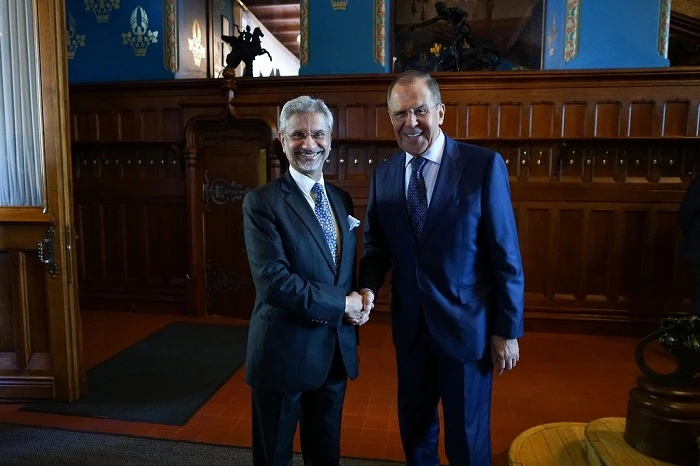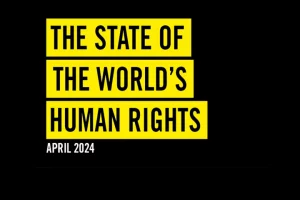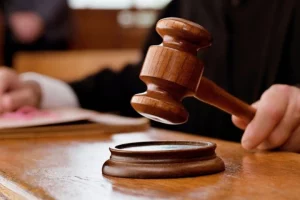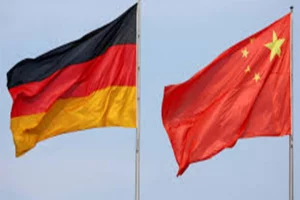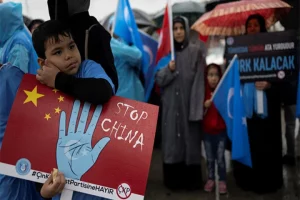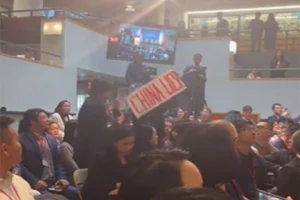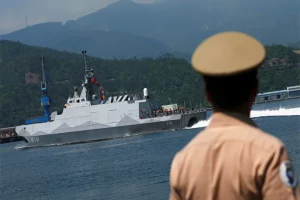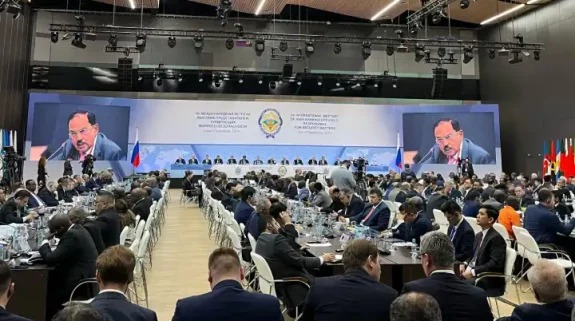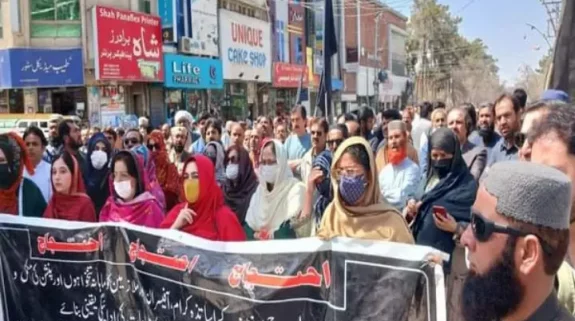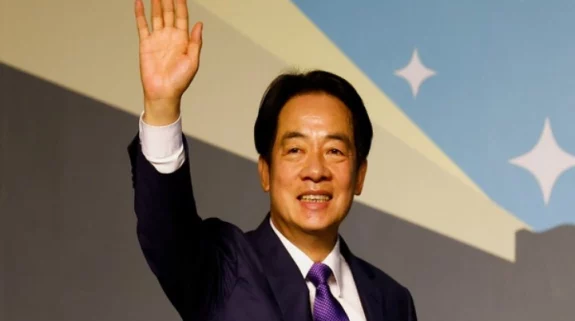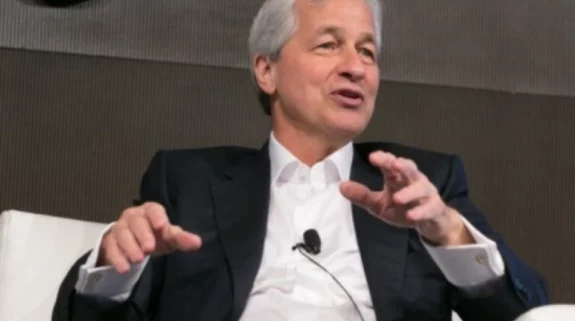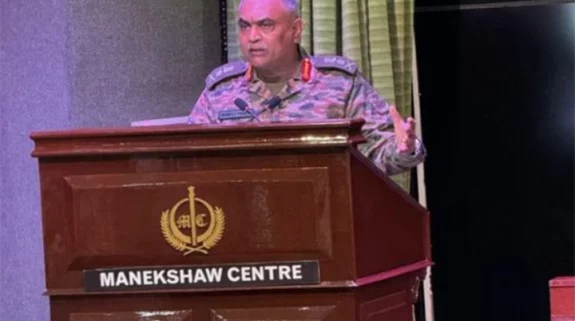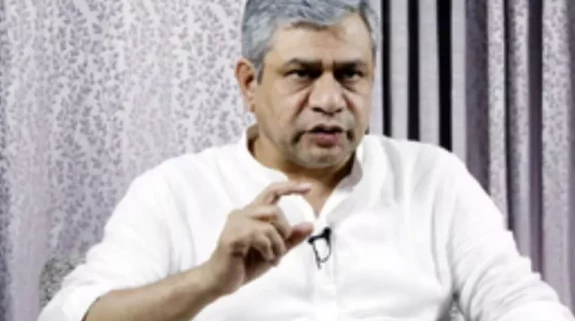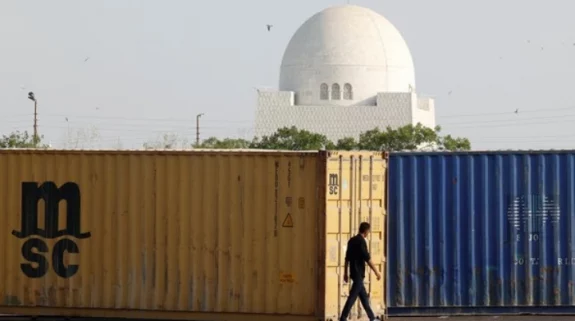Russian Foreign Minister Sergey Lavrov's forthcoming India visit, first since the start of conflict in Ukraine, comes during extraordinary uncertainty surrounding the global economy and rapidly changing world scenario.
Lavrov will arrive in New Delhi on Thursday straight after attending the third conference of Foreign Ministers of Afghanistan's Neighbouring Countries in China's Tunxi.
"The visit to China will be followed by a regional trip of the Minister of Foreign Affairs of Russia, and next week a number of bilateral meetings will be held in Moscow," Russian Foreign Ministry Spokesperson Maria Zakharova said on Tuesday.
Ahead of the two-day meeting on Afghanistan, Lavrov today held discussions with the Chinese Minister of Foreign Affairs Wang Yi in Tunxi, the ancient city which is now the central district of Huangshan City in eastern China.

Russian Foreign Minister Sergey Lavrov arriving in Tunxi, China earlier today (Image courtesy: Twitter/MFA_Russia)
Wang was in Delhi last week to discuss specific regional situations and the bilateral relations that have been disturbed as a result of Chinese actions since April 2020.
The Russian Foreign Ministry said on Wednesday that the parties noted the "counterproductive nature of the illegal unilateral sanctions" imposed on Russia by the United States and its satellites.
"A number of important topics on the global and regional agenda were considered, including the current state of affairs in Afghanistan, Central Asia, the situation around the Iranian nuclear program, and on the Korean Peninsula. On the Russian side, attention has been drawn to the military biological activities of the United States in Ukraine and to our respective efforts on multilateral platforms," said the Russian foreign ministry in a statement.
As both countries praised the current state of Russian-Chinese relations, which "continue to develop dynamically in an unstable and tense foreign policy situation" even as Moscow continues with its 'special military operation' in Ukraine, it is expected that the two foreign ministers would also exchange views on India on the sidelines of their meetings.
As reported by IndiaNarrative.com before, Moscow is especially keen on increasing cooperation with its partners New Delhi and Beijing through the RIC (Russia-India-China) format in the region – hoping to break ice between the two neighbours in the process.
However, India has made it clear to Moscow – and as well to Beijing – that any future cooperation with China through the RIC trilateral would majorly depend on the Chinese military's complete disengagement from all the friction points along the Line of Actual Control (LAC) in Eastern Ladakh in accordance with the existing bilateral agreements and protocols.
The topic of cooperation in the Russia-India-China format has also been addressed by Prime Minister Narendra Modi, Russian President Vladimir Putin and Chinese President Xi Jinping since Putin's New Delhi visit last December.
Last week, during Wang Yi's visit to New Delhi, India had told China that the completion of disengagement is necessary for discussions on de-escalation to take place.
While National Security Adviser Ajit Doval had told the Chinese Foreign Minister that he would visit Beijing for the next round of talks on the boundary issues only after immediate concerns are addressed, External Affairs Minister S Jaishankar, in a three-hour meeting with his Chinese counterpart, said that de-escalation progress is happening at a slower pace than desirable.
During his visit to New Delhi, Lavrov is also expected to discuss the situation around Ukraine and brief his Indian counterpart on the military operation of the Russian forces and the dynamics of the negotiation process with the Kiev regime.
India has maintained that diplomacy and dialogue must be the priority while solving the ongoing conflict.
New Delhi has also reiterated time and again that the strategic partnership between the two countries is symbolic of the long standing and time-tested India-Russia relations characterized by mutual trust, respect for each other's core national interests and similarity of positions on various international and regional issues.
It is this cooperation on the bilateral track and in various multilateral formats which could further be strengthened during Lavrov's visit to India.
Also Read: Troop disengagement at LAC key to future of Russia-India-China Trilateral






